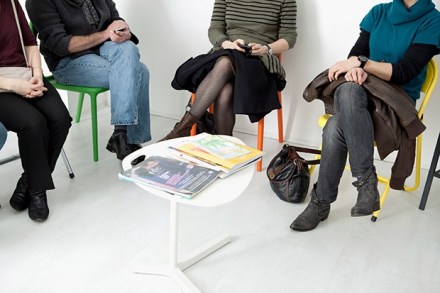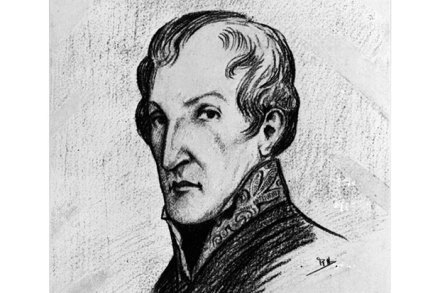Justine Greening should keep out of the Church of England’s business
God, she’s on a bit of a run, Justine Greening, isn’t she? A day after it turns out she wants to let people change gender merely on their say so, without regard to their possession of wombs or gonads or XX chromosomes, she’s set her sights on the CofE and its retrograde attitude to gender – actually, come to think of it, she’s probably got the entire Christian communion in her sights. All in her capacity of Education Secretary and Women and Equalities Minister. She observed in an interview on Sky: ‘I think it is important that the church in a way keeps up and is part of a modern



















